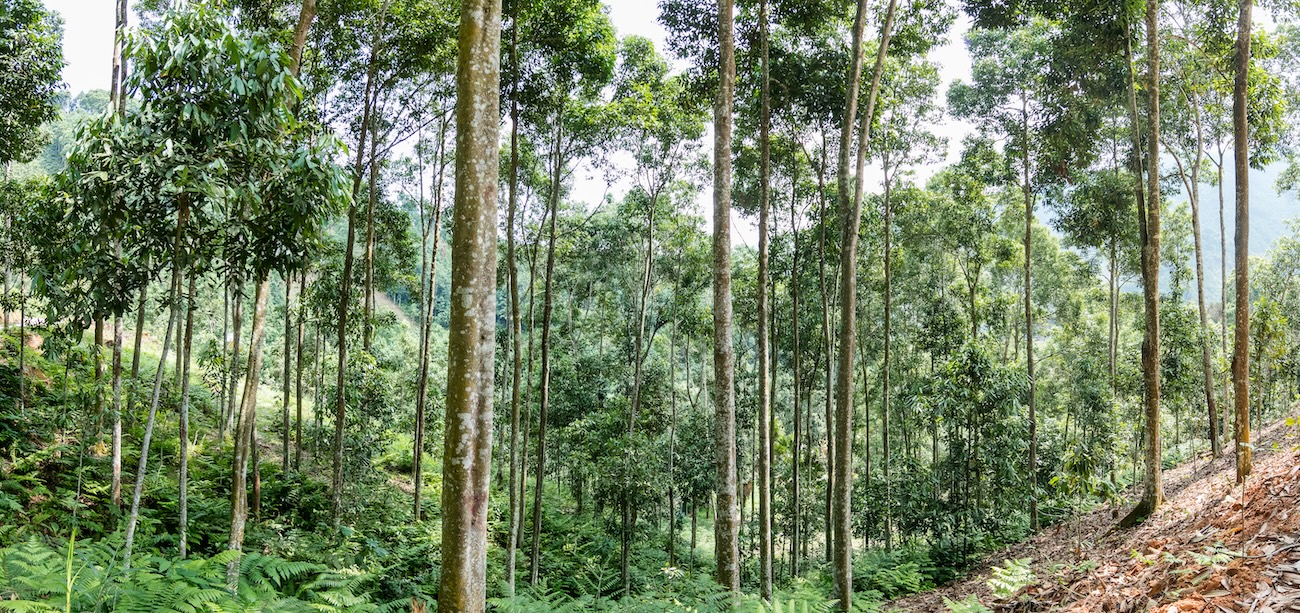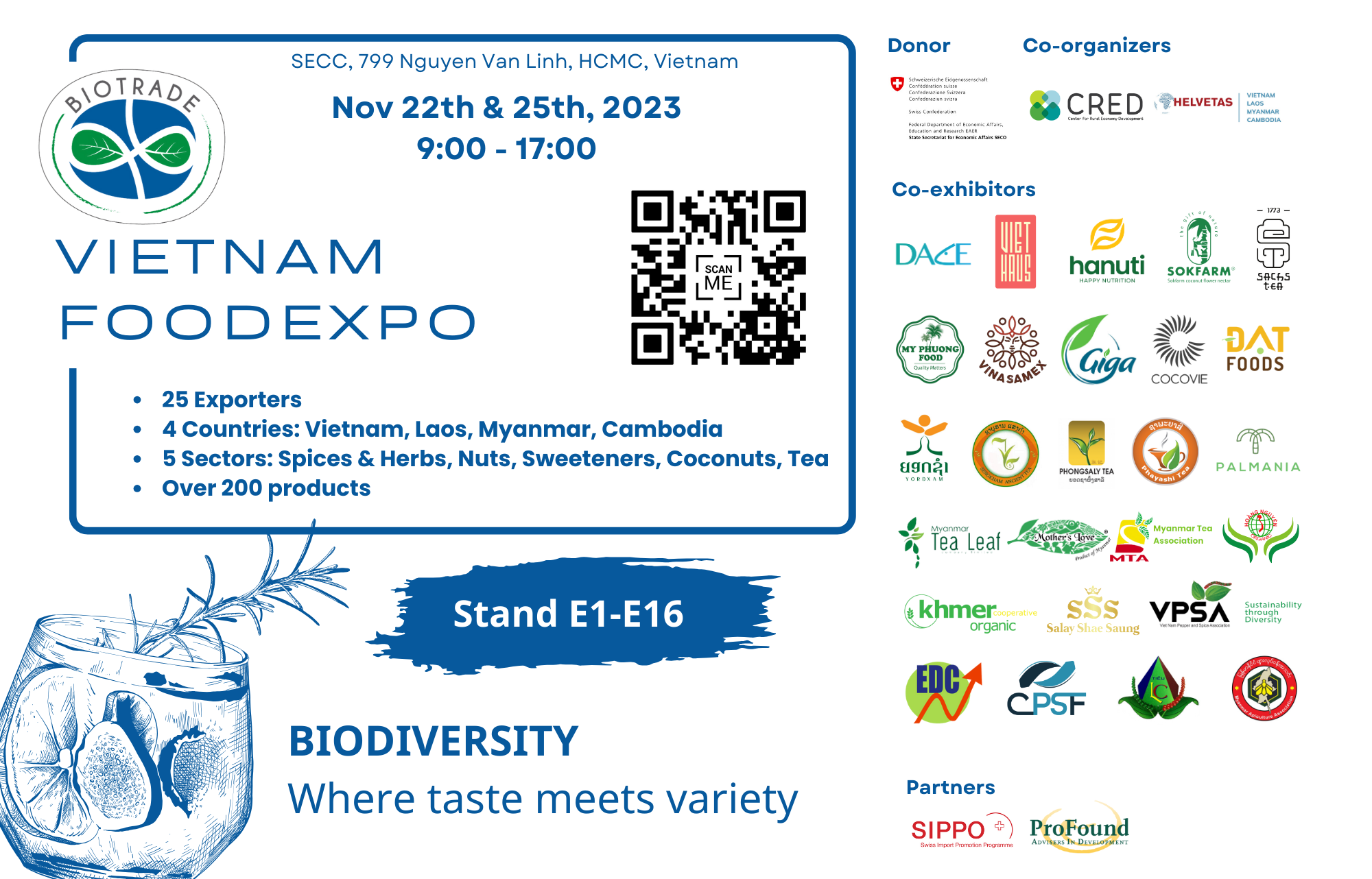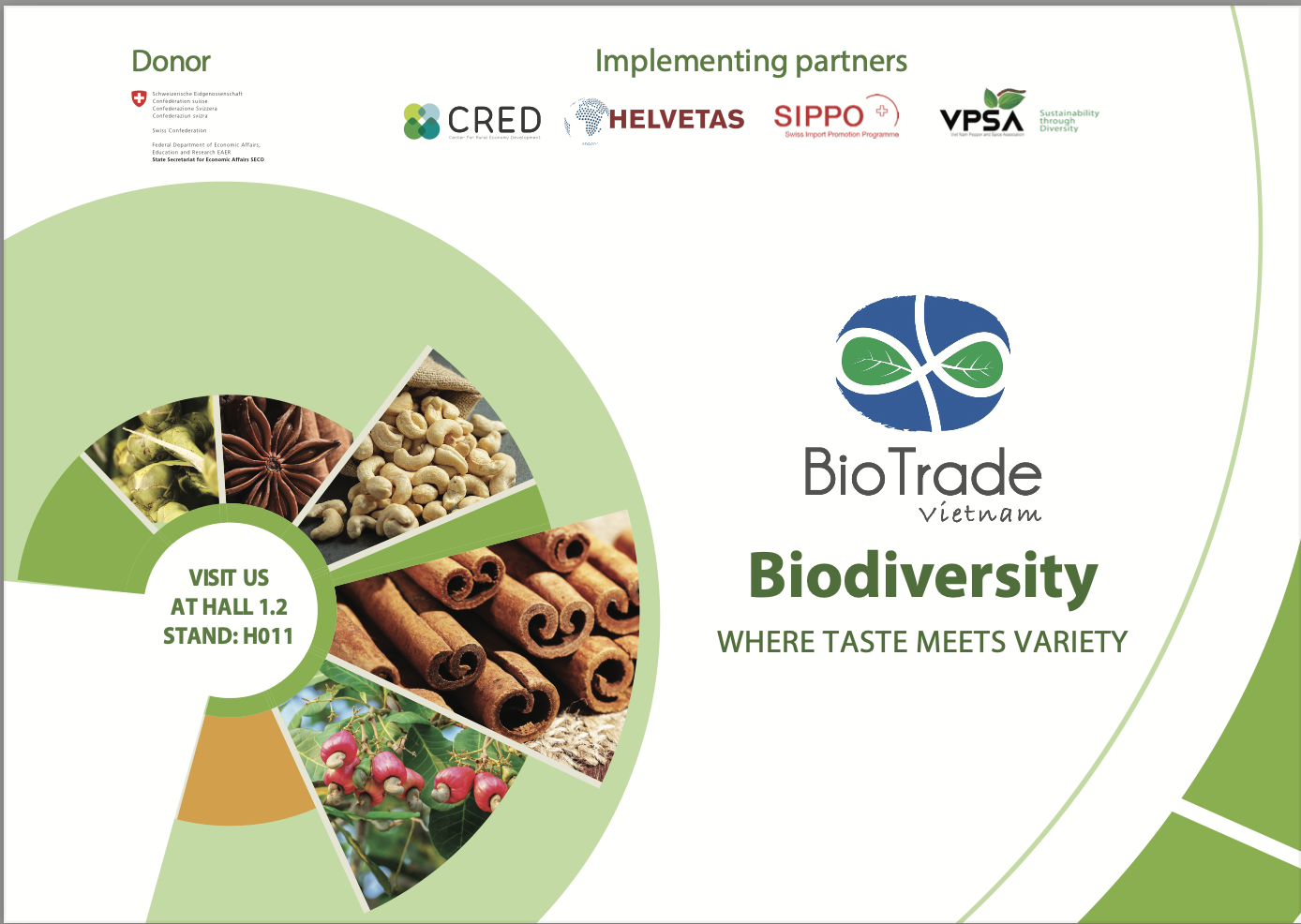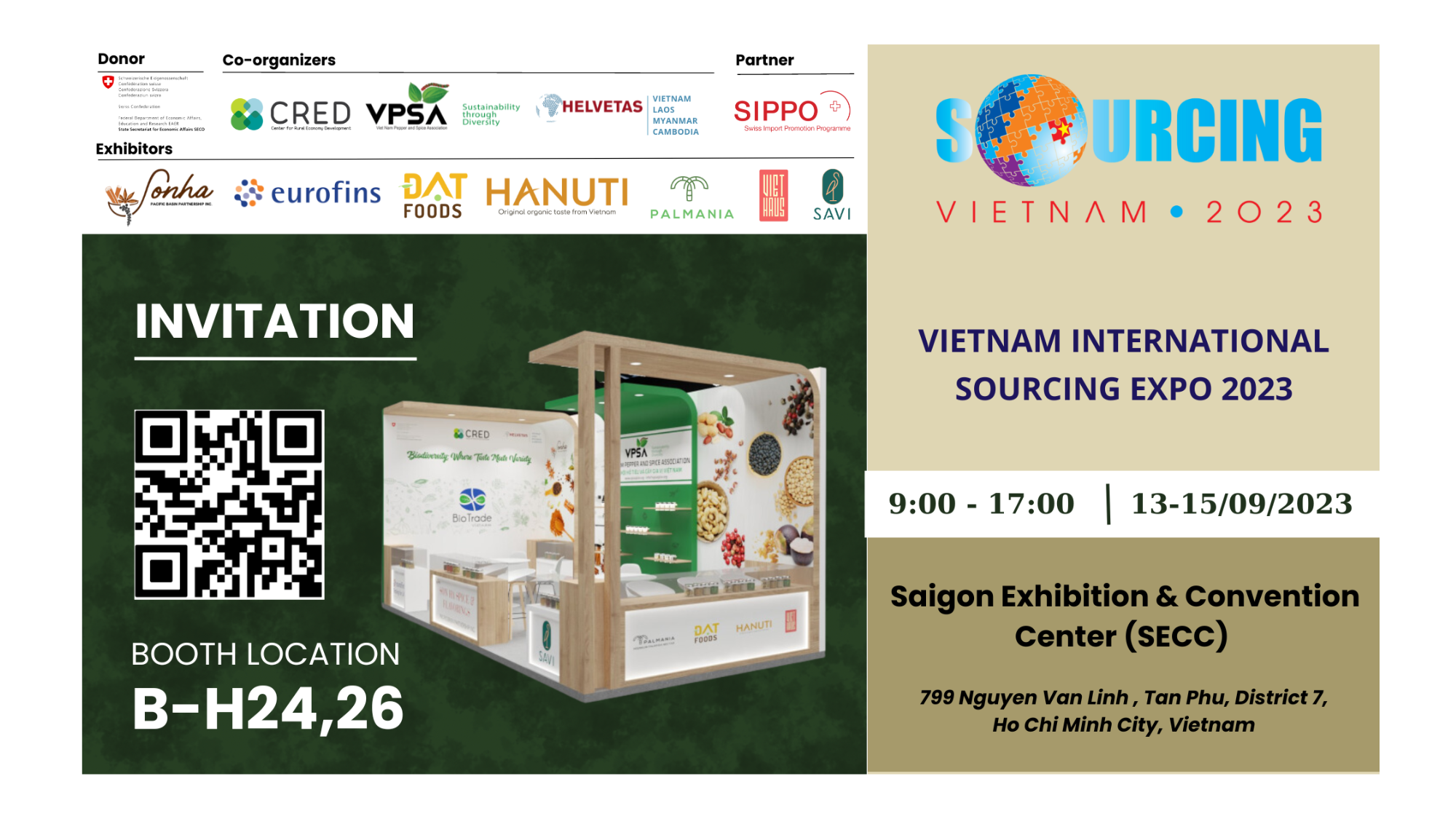This case study is one in a series exploring how biotrade (often taken to be the trade in products certified as organic) can become aligned with the principles of BioTrade as elaborated by UNCTAD. UNCTAD defines BioTrade as being when a product or service sourced from biodiversity is commercialized and traded in a way that respects people and nature.
This case study begins with a brief background on Vietnamese cinnamon and its history of cultivation, followed by a discussion of the way in which the first four BioTrade principles are being addressed (the other three BioTrade principles are: legal compliance, respect for actors’ rights, and right to use and access natural resources). Recommendations for next steps are then provided. The findings are based on field interviews conducted with producers in Yen Bai and Lao Cai provinces; discussions with staff of the RBTII project, CRED, UEBT, provincial forest departments, specialists at the Center for Nature Conservation and Development (CCD), and representatives of the companies Son Ha and Ned Spice – as well as a review of relevant literature. Son Ha cinnamon is certified through UEBT; Ned Spice is working towards certification. A third company that is partnering with RBTII, Vinasamex, was not interviewed although their experience was captured to some extent as they are certified through UEBT, and their documentation to this effect was consulted.








